
Melasma is a common type of facial melanosis characterized by symmetric brown or grayish-brown patches on the face, particularly on the cheeks, forehead, nose, and upper lip. It is often associated with :
- Hormonal changes, such as pregnancy.
- Oral contraceptive usage.
- Certain anti-seizure and anti-fungal drugs.
- Thyroid disorders.
Procedures
Uneven skin tone can be very exhausting, especially when a few dull and dark areas burn down the entire face, with different areas of the face needing different shades of products. This is a common problem and one with a lot of effective solutions.
Procedures

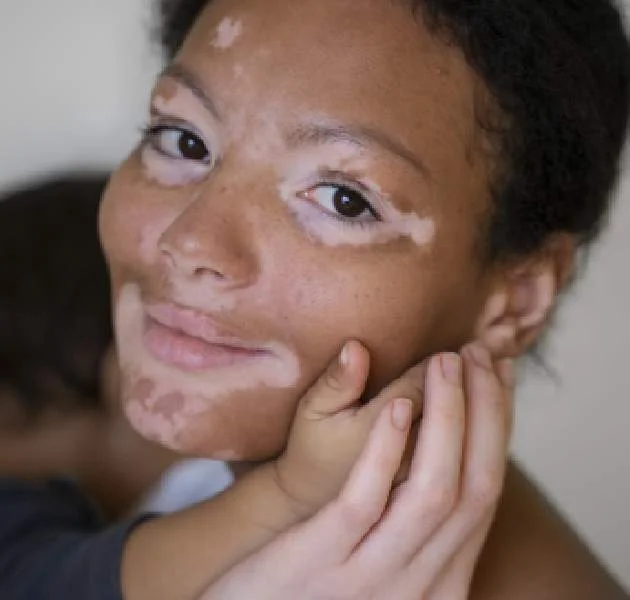
Are you also suffering from patches of pigmented skin on your face? We'll worry no more; Citrine Clinic has multiple effective therapies for this problem of yours.
Read More
Procedures
Tanning can put off your entire facial regime, especially when you want to attend a big event and look your best. Knowing this, we’re always very prepared to treat tanning, especially in a tropical country like ours.
Procedures
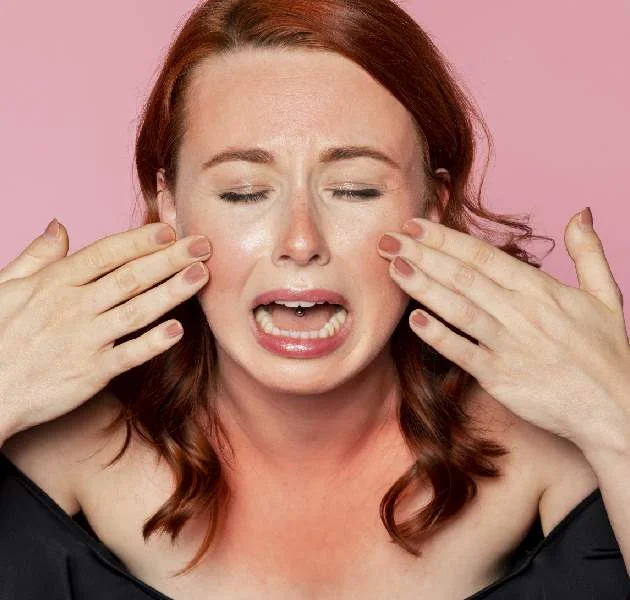
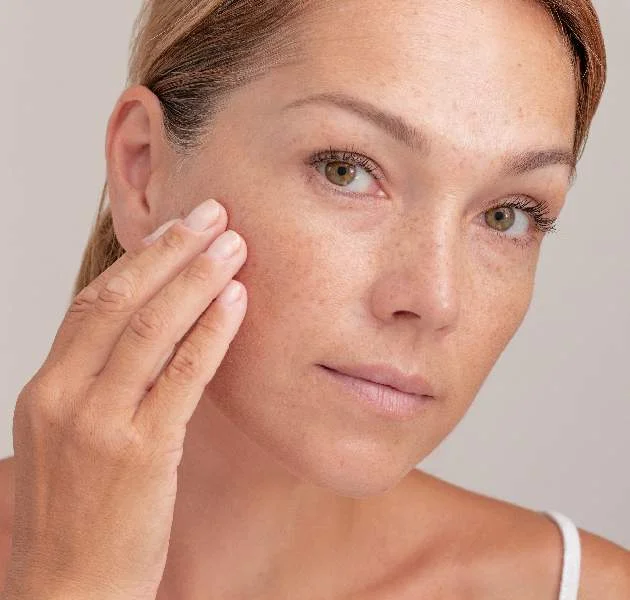
Age spots are small, flat dark areas on the skin. They vary in size and usually appear on areas exposed to the sun, such as the face, hands, shoulders, and arms. Age spots are also called sunspots, liver spots, and solar lentigines.
Procedures
Luminous, glowing skin never goes out of style. But maintaining a radiant face isn't always easy, and the reality is there are reasons your skin is missing that so-called glow. So what exactly does it mean to have dull skin? Our skin constantly sheds dead cells, but your complexion can take on a lackluster, tired, unappealing appearance if the process isn't working efficiently.
Procedures
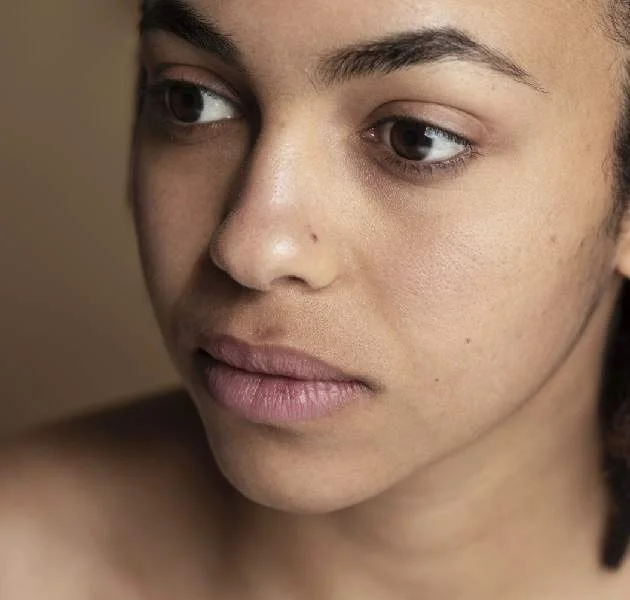
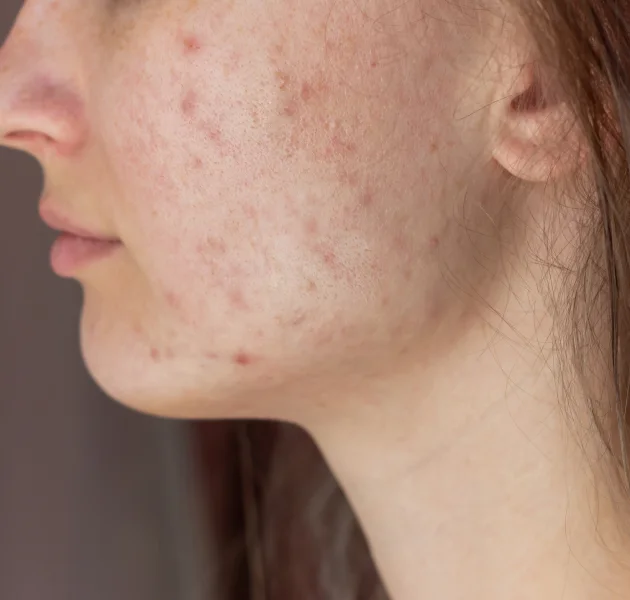
PIH occurs as a result of inflammation or injury to the skin, such as acne, burns, cuts, or insect bites. It leads to the darkening of the affected area after the initial inflammation has healed.
Procedures
Some medications can lead to facial melanoses as a side effect. Examples include certain antimalarial drugs, nonsteroidal anti-inflammatory drugs (NSAIDs), and chemotherapeutic agents. Such pigmentations characteristically appear at the same site again and again.
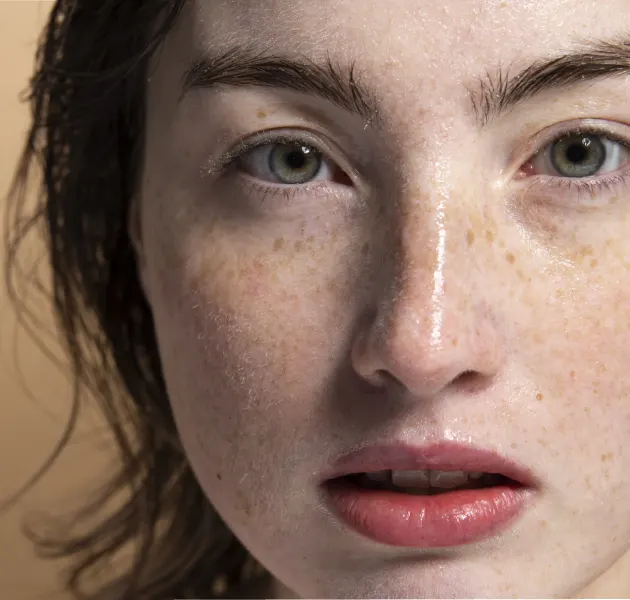
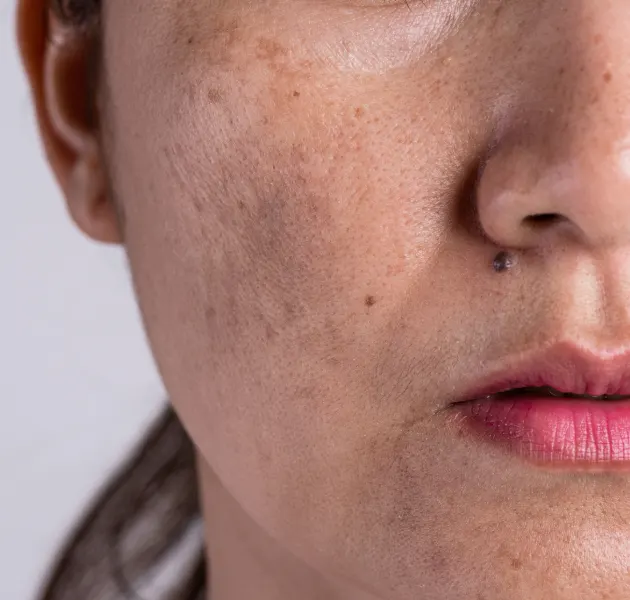
LPP presents as dark brown or black patches on the face, neck, or other body parts. It typically affects individuals with darker skin tones and may be associated with itching or inflammation. At times it can be associated with nail changes, oral cavity ulcers, and hair loss patches.
Procedures
Riehl's melanosis, also commonly known as pigmentary contact dermatitis, is characterized by brownish-gray patches on the face, typically occurring after exposure to certain chemicals, dyes, fragrances, or cosmetics. It is more common in women. This pigmentation is rather recalcitrant and not very responsive to routine treatments.
Procedures
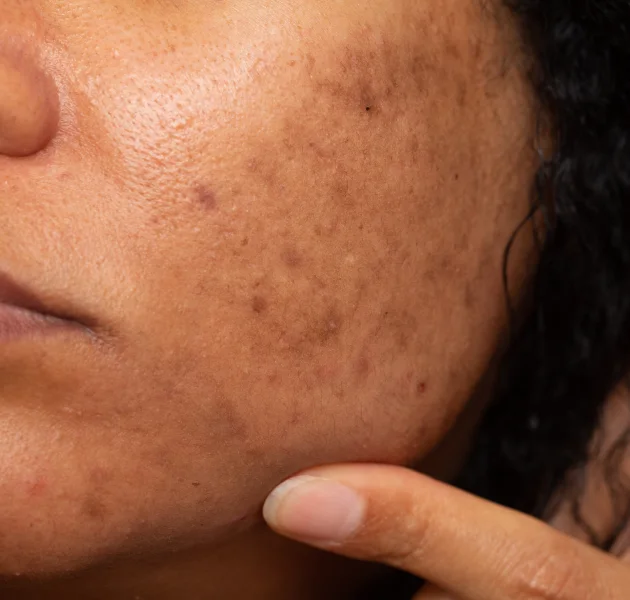

Hori's nevus is a type of facial melanosis that manifests as blue-gray or brownish-gray patches on the cheeks, temples, and around the eyes. It predominantly affects middle-aged women. Their bluish-grey tinge makes them difficult to treat and requires multiple treatment sessions.
Procedures
SCO- 19, Huda Market Road, Sector 15 Part 2,
Market Gurugram, Haryana 122001, India.
Clinic Timing: Monday - Sunday: 9:00 AM - 8:00 PM
Phone: +91-9868649805 | +91-9810652808 | +91-8042302681
Email: info@citrineclinic.com
